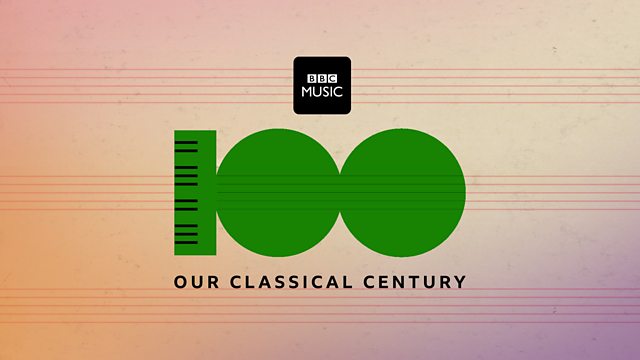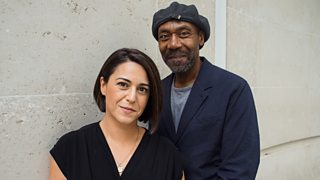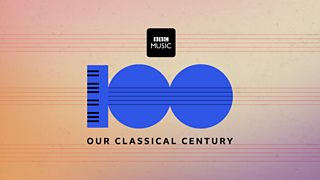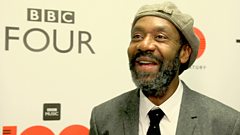
Gioachino Rossini: Overture to William Tell
Overtures have long been a staple part of concert programming. But their changing position in concert programmes reveals how our experience of live music is evolving.
On 13 August 1927, the clipped tones of the �鶹�� radio announcer introduced the first broadcast of the first night of the �鶹�� Proms. 32 years after the Promenade concerts were founded under the conductorship of Henry Wood, the �鶹�� took over the running of the concerts in the Queens Hall. And now, they would be brought to everybody via radio.
It was a glorious programme. Music by Elgar, Parry, Quilter and Stanford sat alongside Grieg’s piano concerto, a Boccherini string quartet, extracts from Tannhäuser, folk and popular songs and Rossini‘s William Tell overture. Edwardian programming followed the general rule of thumb that contemporary was good, British was good, German music was much admired and mixed genres and light relief items were very welcome. But a gentle evolution, like a type of natural selection, began to take place…..
First of all, the overture moved. On the night of the first Proms broadcast, William Tell was sandwiched between Handel’s Ombra mai fu and Liszt’s Hungarian Rhapsody in the depths of the second half. But in 1934, the William Tell Overture shifted to the top of the programme, where it has remained for its subsequent 38 outings at the Proms.
With the overture locked into place, programmes began to reduce in size. The average number of works in the 1920s was 12, but by the 1930s, it was seven. Concerts also gradually became weighted towards a more "serious" first half: this would develop into the dominant concert model that we know today. Why? Because the �鶹�� tended to only broadcast the first half of each concert. They therefore tightened up concert programmes to fit in with broadcast schedules and their preferred choices of music, with the result that concerts began to lose their lightness and variety.
The ways in which we listen to and experience music are constantly evolving.Nowadays, you might be reminded of those joyful, scattered early programmes as you skip through radio channels, breaking up a classical concert or mixing musical genres without a moment’s hesitation.
This is one of 100 significant musical moments explored by �鶹�� Radio 3’s Essential Classics as part of Our Classical Century, a �鶹�� season celebrating a momentous 100 years in music from 1918 to 2018. Visit bbc.co.uk/ourclassicalcentury to watch and listen to all programmes in the season.
This archive recording is by the �鶹�� Philharmonic Orchestra with conductor Paul Watkins.
Duration:
Credits
| Role | Contributor |
|---|---|
| Composer | Gioachino Rossini |
| Orchestra | �鶹�� Philharmonic |
| Conductor | Paul Watkins |
This clip is from
Featured in...
![]()
The music of Our Classical Century—Our Classical Century
100 recordings to celebrate 100 years of exciting, inspirational, rule-busting music.
More clips from Our Classical Century
-
![]()
Step outside your musical tribe
Duration: 02:49



